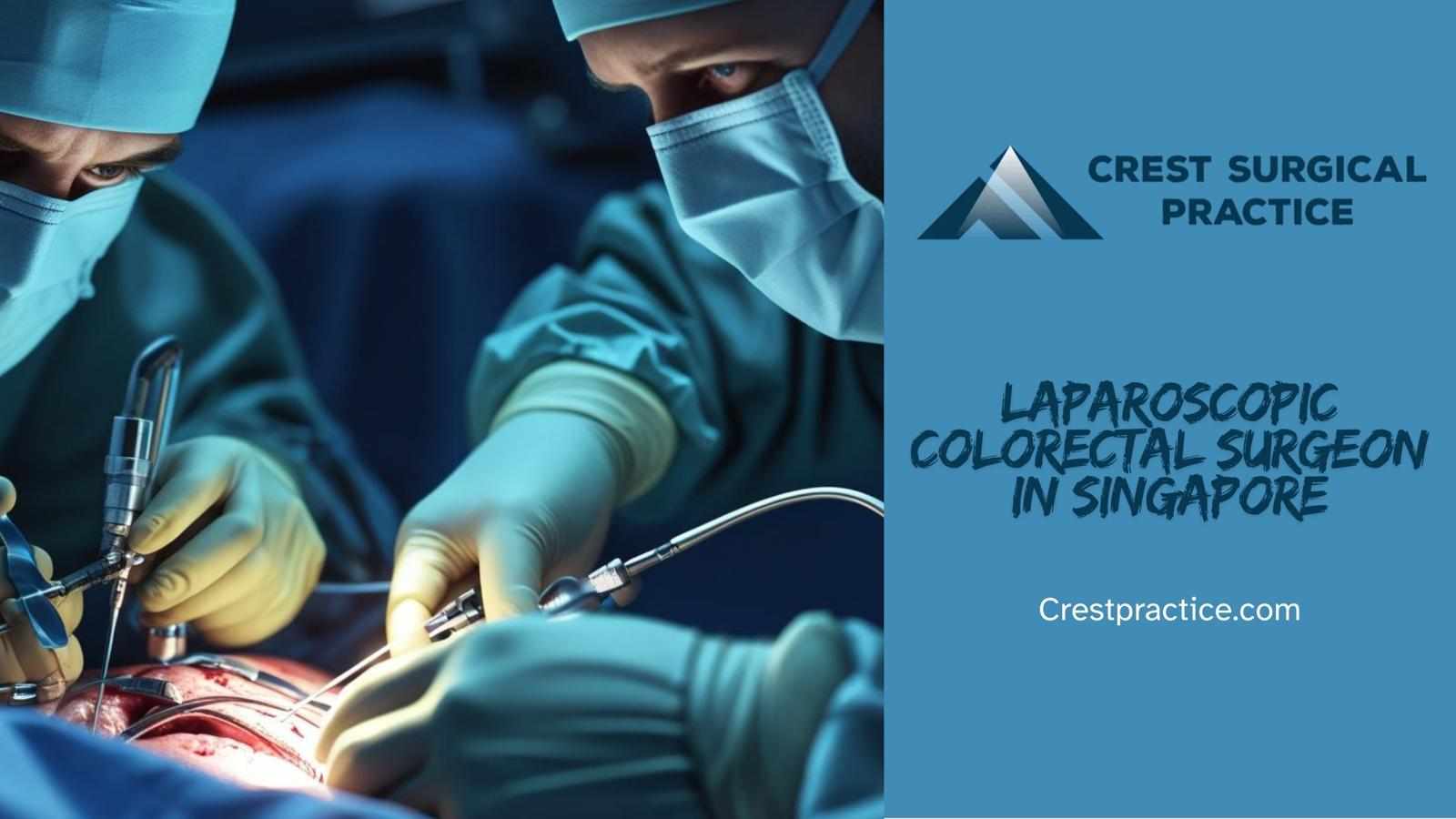
Many people hesitate to discuss digestive issues, whether it’s irregular bowel habits or rectal discomfort. Unfortunately, ignoring these symptoms can sometimes lead to serious health problems. Colorectal conditions, when detected early, are often easier to manage and treat successfully.
A laparoscopic colorectal surgeon in Singapore is trained to diagnose and treat conditions of the colon, rectum, and anus using advanced keyhole surgery techniques. These minimally invasive procedures often allow for faster recovery, less pain, and reduced scarring compared to traditional surgery. Knowing when to seek help is crucial, so let’s explore some warning signs that indicate it may be time to see a colorectal specialist.
Rectal Bleeding
Noticing blood in your stool or on toilet paper is a red flag that should never be ignored. While haemorrhoids can cause minor bleeding, it can also signal more serious issues such as colorectal cancer, polyps, or inflammatory bowel disease (IBD). If bleeding is persistent, heavy, or appears dark red or black, consulting a colorectal surgeon is essential for accurate diagnosis.
Ongoing Constipation
Occasional constipation is common, but long-term or frequent constipation—especially when paired with abdominal pain or bloating—may suggest an underlying problem. Causes can range from bowel obstructions and slow motility to colorectal cancer. A specialist can perform diagnostic tests to uncover the root cause and suggest appropriate treatments, which may include minimally invasive surgery if necessary.
Persistent Diarrhoea
Diarrhoea that continues for weeks is another sign to watch for. It could be linked to Crohn’s disease, ulcerative colitis, infections, or even colorectal tumours. If standard remedies don’t work or if there’s blood or mucus in the stool, a specialist’s evaluation becomes critical.
Abdominal Pain and Discomfort
Recurring abdominal pain, cramps, or bloating that doesn’t improve may indicate conditions like diverticulitis, IBD, or colorectal cancer. In such cases, a colorectal surgeon may recommend imaging tests or a colonoscopy to identify the cause and rule out serious disease.
Noticeable Changes in Bowel Habits
A sudden shift in bowel habits—such as alternating constipation and diarrhoea, unusually narrow stools, or the sensation of incomplete evacuation—should prompt medical attention. These changes can sometimes be early signs of colorectal cancer, particularly if accompanied by fatigue or unexplained weight loss.
Anal Pain or Lumps
Symptoms like painful bowel movements, itching, or lumps near the anus could be caused by haemorrhoids, anal fissures, or abscesses. In rare cases, these may also indicate anal cancer. A colorectal surgeon can diagnose the condition and provide treatment options that range from medications to surgery.
The Takeaway
Digestive symptoms should never be brushed aside. Early consultation with a colorectal specialist can make treatments more effective and less complex. At Crest Surgical Practice, patients benefit from advanced minimally invasive techniques designed for quicker recovery and improved comfort.
If you’re experiencing any of the above symptoms, don’t wait. Seeking professional help early can significantly improve your quality of life—and in some cases, even save it.


Write a comment ...